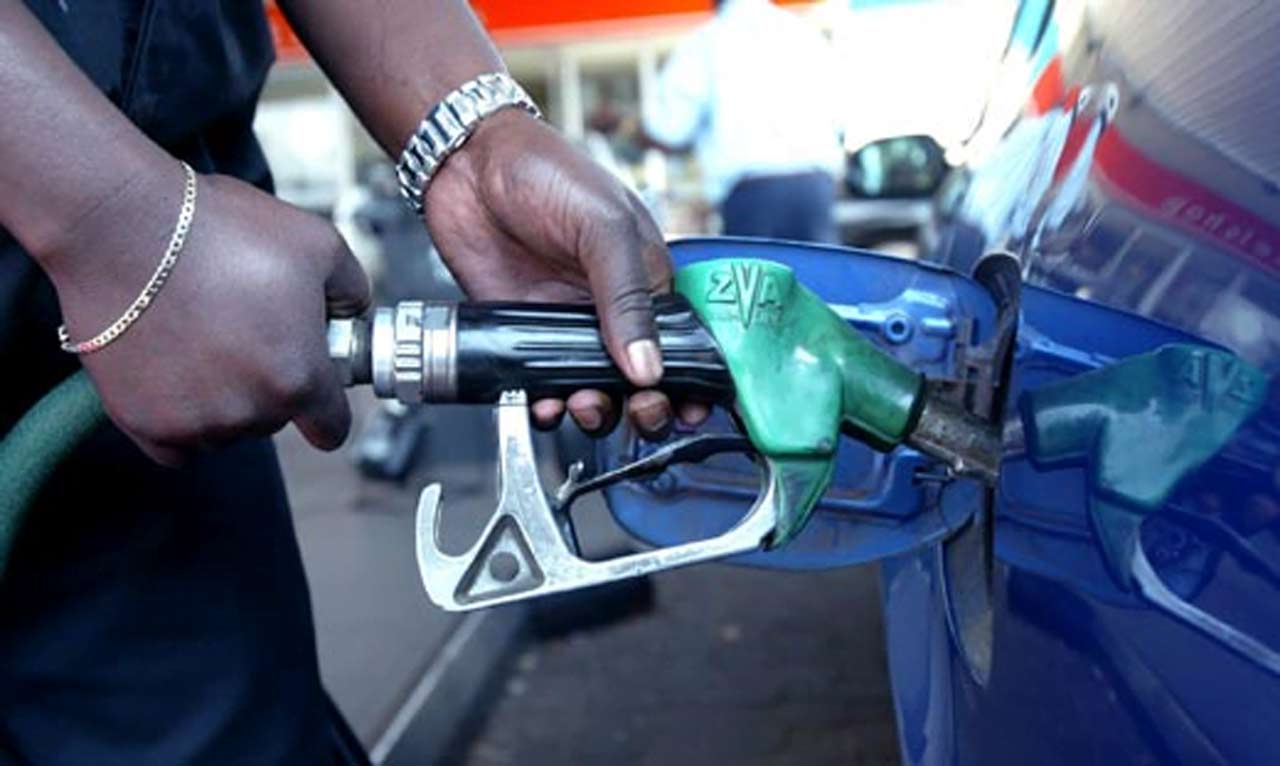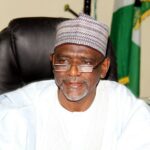The implementation of fuel subsidy removal by President Bola Ahmed Tinubu’s government has punctured a hole in the theory that the policy will be the best thing to happen to Nigeria. Two months are still early days, of course, but so far, the practice has not matched the long-touted expectations.
The theory was always straightforward. Fuel subsidy, the argument went, was the great enemy of Nigeria’s public finances that must be removed before it bankrupted the country. It drained government funding for social services, fed corruption and smuggling, and distorted the economy by fattening the rich without benefitting the poor. What was needed, the argument concluded, was the political will to remove it and some “palliatives” to “cushion” any effects it might have on the poor—and Nigeria would have more money to spend on public services like education, healthcare and infrastructure.
These ideas were drummed so hard into our body politic that they grew wings of their own. Hardly any of those things have so far materialized, however, many serious consequences of subsidy removal have since manifested. In fact, the past two months or so have shown us the limits of copy and paste policymaking that should be cause for pause and reflection not just for the government and its officials, but also for a regurgitative commentariat in the media, the universities and in the private and non-profit sectors of our society.
Yes, some of the arguments in support of subsidy withdrawal were true. Last year alone, subsidy payments (N4.4 trillion) towered above total spending on education, health and infrastructure combined (N3.53 trillion). It is also true that the subsidy regime was infested with large-scale corruption from head to toe, and that even today, fuel products sell higher in neighbouring and other African countries than in Nigeria.
- Subsidy removal: Tinubu supporters call for patience, understanding
- Amid shrinking reserves: Concerns mount over Tinubu’s directives on grains
Still, each of these points also has strong counter-arguments of their own that called for more in-depth and nuanced research on the subject. Instead, on its very first day in office, this government jumped onto a policy it had not clearly thought out from the outside, and without the information previous governments on the inside always had. As a result, Nigerians are left reeling from the effects of chaotic handling of a policy that has neither its roots nor branches in local economic thinking or data.
First, subsidy removal is clearly choking the economy, at least, the larger informal section of it where tens of millions of the poor and the not-so-poor earn their livelihoods. For these Nigerians, the effects of subsidy removal on everyday economic and social life are nothing short of strangulating, hence the saying in the streets today: let the poor breathe.
The government must know that Nigerians are going through horrors that are as drastic as the naira redesign policy of early this year, with possibly worse effects on productivity. Streets and workplaces are deserted by a workforce that chooses to stay at home than work only to pay others as the prices of nearly everything goes beyond the threshold of economic sense.
Second, the timing of this policy is downright insensitive to the poor. Nigerian households have contended with non-stop inflationary pressures for almost the entire eight years of the last administration, as the effects of oil price slump, the global pandemic and other economic woes took hold in quick succession. This meant a persistent cost of living crisis that saw a tripling, even quadrupling, of prices of virtually all goods and services—particularly food—long before the cash crunch this January. For millions of Nigerians, therefore, rather than relief, subsidy removal has only multiplied their pains several times over, regardless of the government’s justifications for it.
Third, government’s handling of the policy has been chaotic, to put it mildly. It put the horse before the cart by announcing subsidy removal without clear palliative measures for reducing the pains everyone knew it would cause. After weeks of hubris, it announced a N500 billion palliative bill without details of how and to whom it will be spent on. Separately, it sought to dish out a $800 billion loan in cash transfers of N8,000 each to 12 million “poorest of the poor” households for six months using its own social register of the poor.
Last week, however, the government suspended the putative cash transfers and ditched its own existing register in favour of the non-existing ones to be developed by the states. As things stand, the government doesn’t know whether to move right or left, or stand-still on this policy. And it is not clear precisely how much of the commendable N1.9 trillion in the Federation Account for the month of June comes from any savings from subsidy removal.
Meanwhile, Nigerians are groaning under the weight of a policy that has not yet been thought out. As the World Bank predicts, without a set of ameliorative measures for this policy, an additional 7.1 million Nigerians risk falling into extreme poverty, driving the total of the “multi-dimensionally” poor to 140 million people, or two out of every three Nigerians. Indeed, if the government had done its homework well, then a combination of Nigeria’s high poverty rate, high dependency ratio and low purchasing power would have served warning against a wholesale implementation of this policy without palliatives.
We, therefore, call on the government to immediately institute a national committee for reviewing the implementation of this policy in line with global best practices. If the review calls for a temporary reversal from wholesale withdrawal in order to give Nigerians relief, and the government time to clearly work out subsidy policy, then so be it. After all, policy reversal and review, as all governments know, is sometimes a necessary part of getting a policy right.

 Join Daily Trust WhatsApp Community For Quick Access To News and Happenings Around You.
Join Daily Trust WhatsApp Community For Quick Access To News and Happenings Around You.


